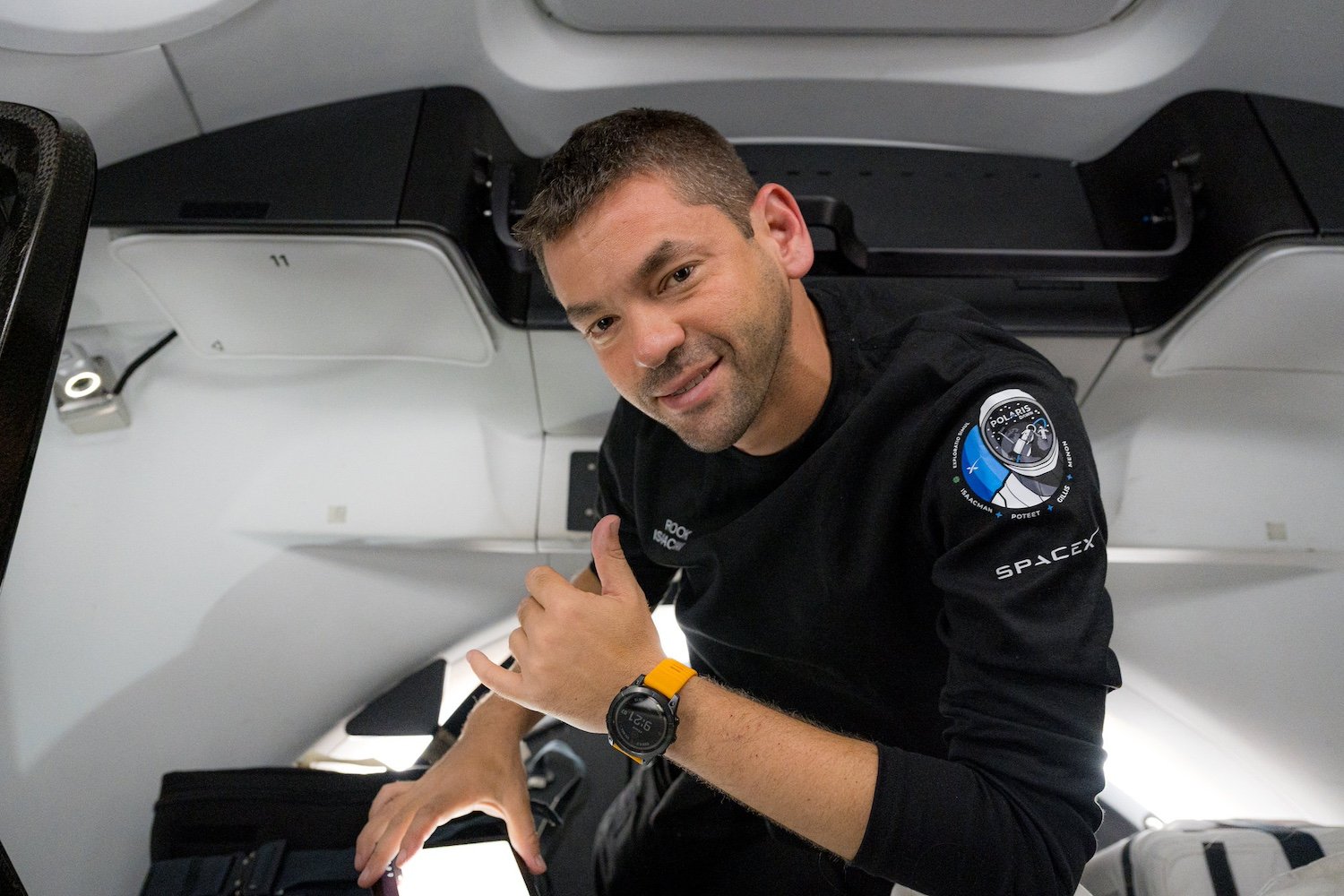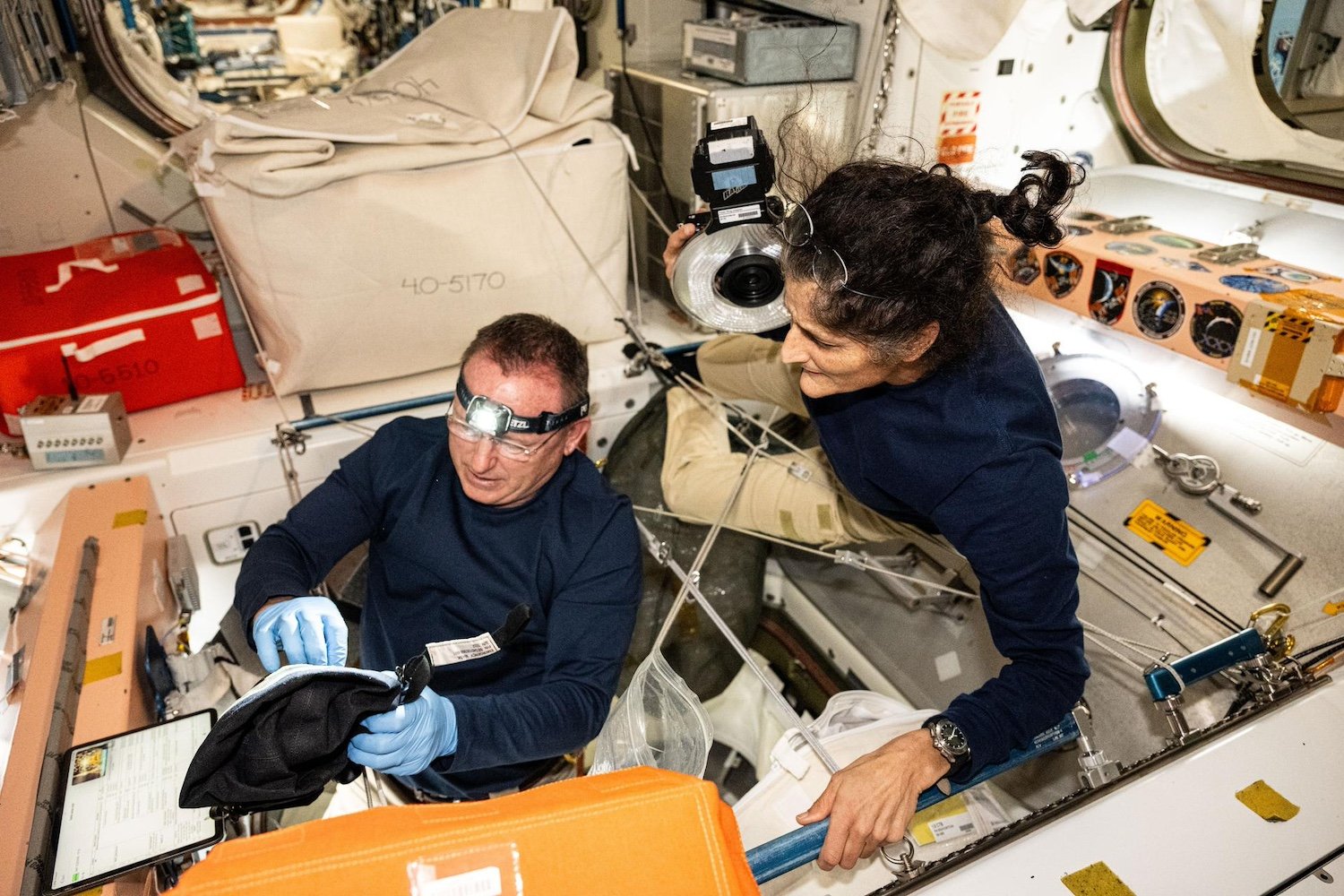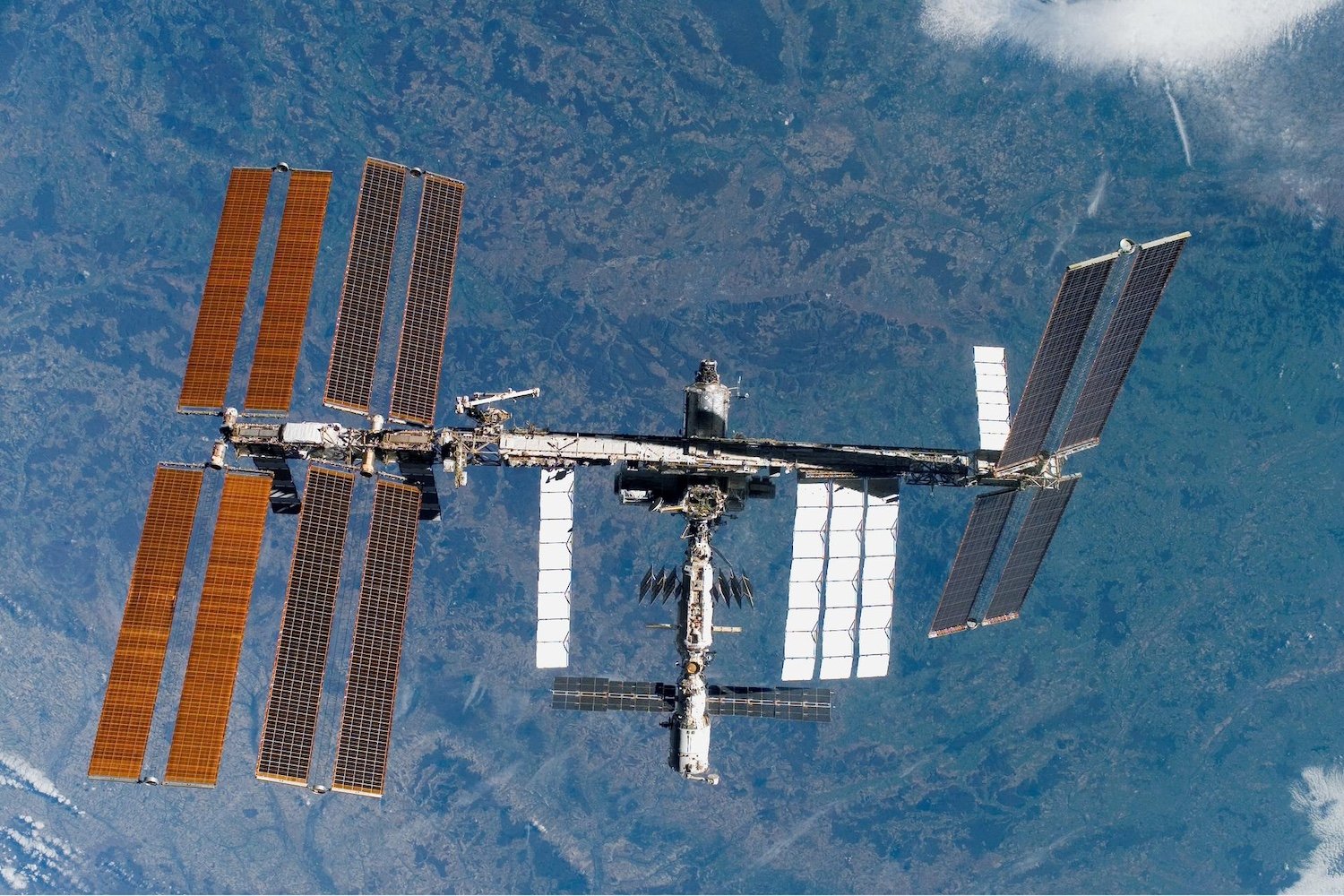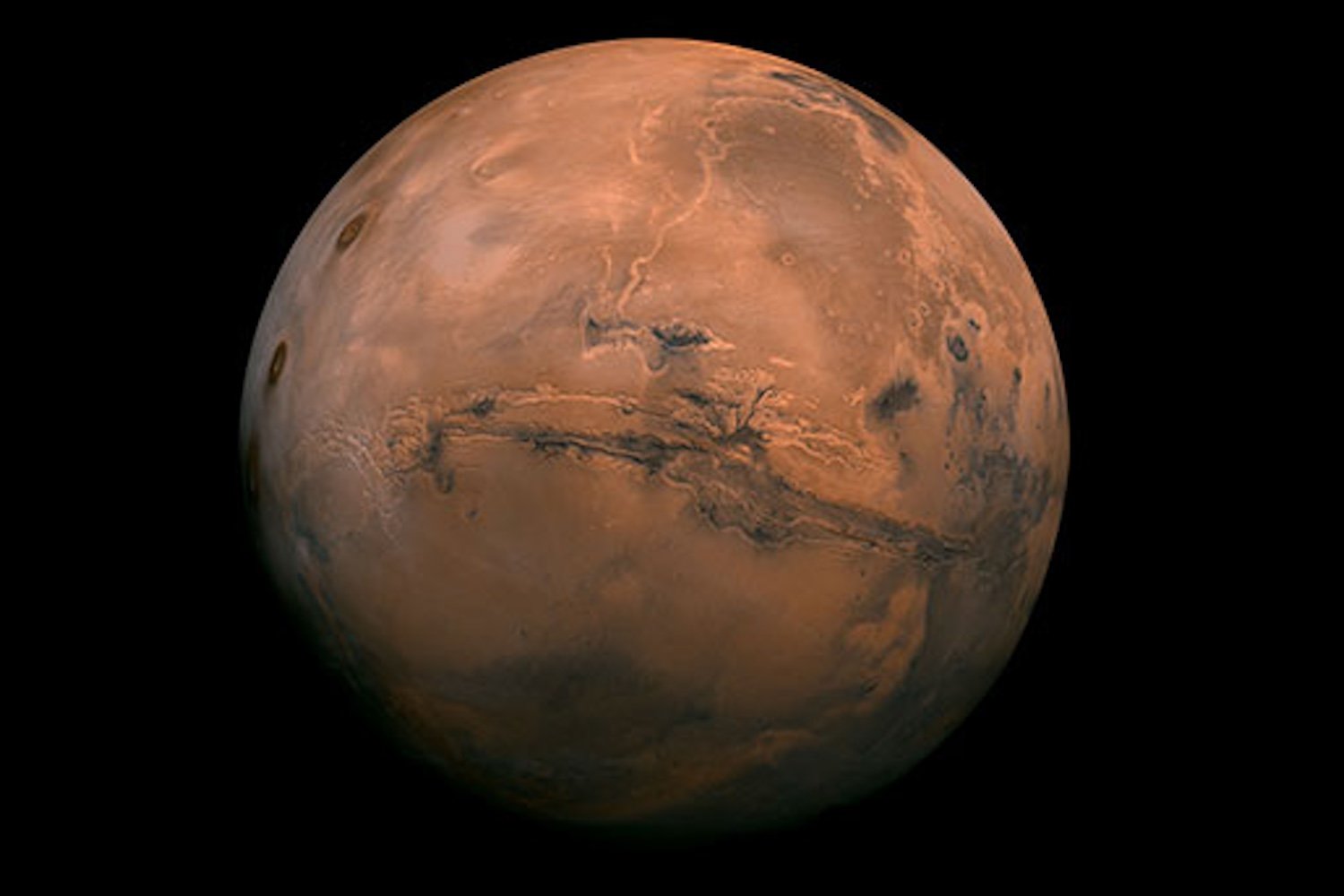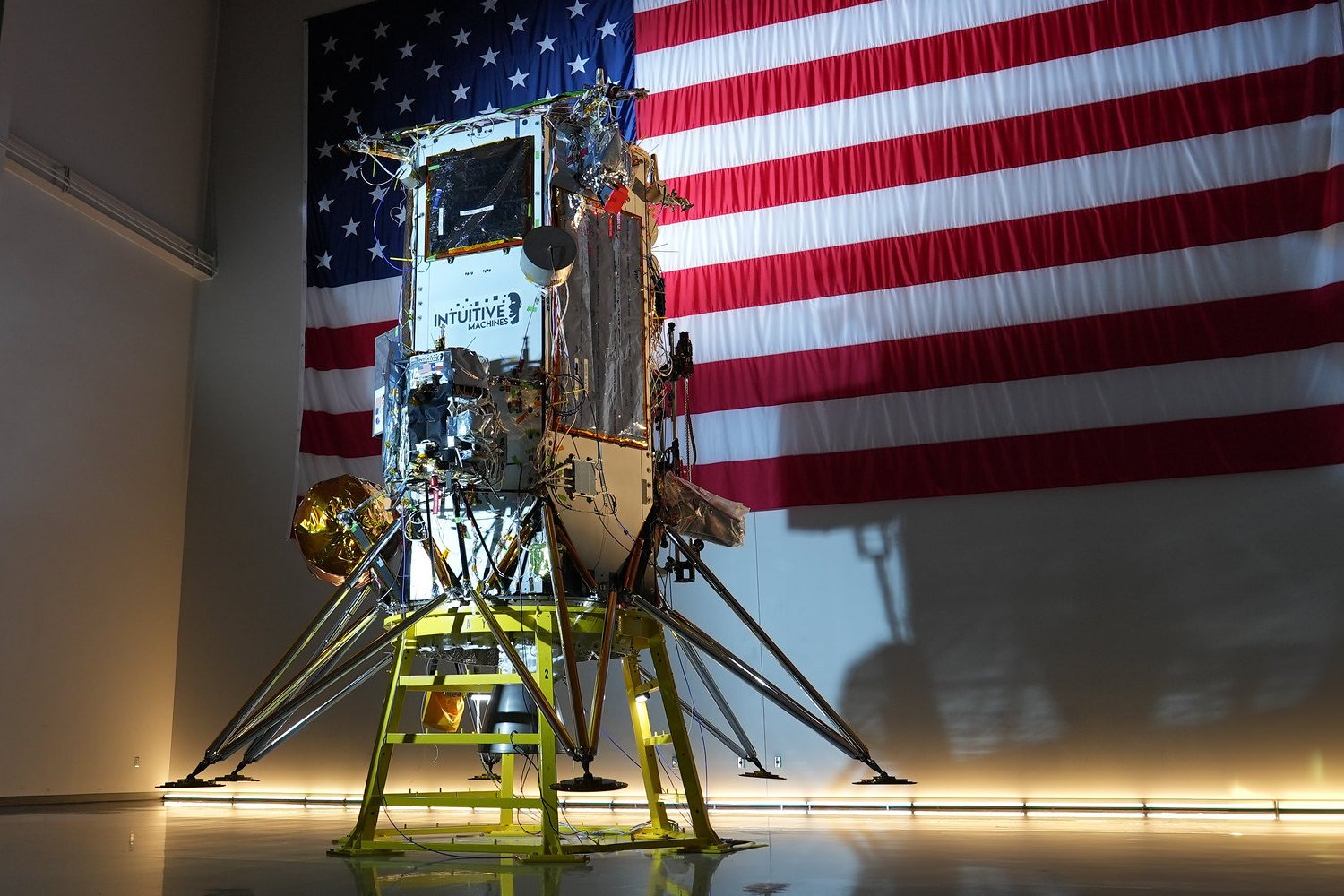Jared Isaacman, Trump’s nominee for NASA administrator, recently offered insights into the agency’s potential priorities under a new administration, emphasizing a focus on Mars over the Moon. While largely quiet on social media regarding NASA’s direction since his nomination in early December, Isaacman’s recent tweet featuring an image of Mars suggests a shift in focus for the space agency.
Isaacman expressed his excitement about the future of space exploration, highlighting the “profound implications” of sending humans to another planet. He stressed the development of groundbreaking technologies in propulsion, habitability, and other areas as key benefits of such a mission. This statement comes amid uncertainty surrounding NASA’s future, with potential budget cuts and layoffs looming. Boeing, a major NASA contractor, anticipates layoffs connected to possible revisions to the Artemis program.
The Artemis program, designed to return astronauts to the Moon and pave the way for future Mars missions, has faced numerous delays and cost overruns. Artemis 2, initially scheduled for November 2024, is now slated for April 2026. The subsequent mission, intended to land astronauts on the lunar surface, has been pushed back to at least mid-2027. SpaceX CEO Elon Musk has publicly criticized Artemis as a distraction, advocating for a direct focus on Mars. Musk’s influence on the White House could play a role in shaping NASA’s future direction. With Isaacman’s potential leadership, the Artemis program’s future remains uncertain.
Prior to his recent tweet, Isaacman’s public comments on NASA’s priorities were limited. During a December appearance at the Space Force Association’s Spacepower Conference, he emphasized the importance of human missions to both the Moon and Mars, highlighting the potential for technological advancements to “shift the entire balance of power here on Earth.”
In his tweet, Isaacman elaborated on the benefits of crewed Mars missions, citing advancements in life support systems, countermeasures, and pharmaceuticals for extreme environments. He envisioned resulting economic, technological, and societal benefits “for all humankind.” He also stressed the importance of such missions for humanity’s long-term survival, citing the “Great Filter” theory, which suggests civilizations are often destroyed by catastrophic events before mastering space travel.
At the Space Force Association conference, Isaacman advocated for increased research on the effects of space travel on the human body, particularly relevant for potential Space Force missions to the Moon or Mars. He also praised SpaceX, a crucial partner in the U.S. space strategy, along with Blue Origin and Rocket Lab. He emphasized the importance of the commercial space industry in driving innovation and risk-taking.
While Musk has suggested a crewed Mars flyby could launch as early as 2028, Isaacman refrained from committing to a specific timeline. He acknowledged his current position as an outsider, eager to contribute to the endeavor, and emphasized the Senate’s role in making such decisions.
A date for Isaacman’s confirmation hearing is pending, but given the relatively smooth confirmation process for other Trump appointees, significant opposition seems unlikely.



